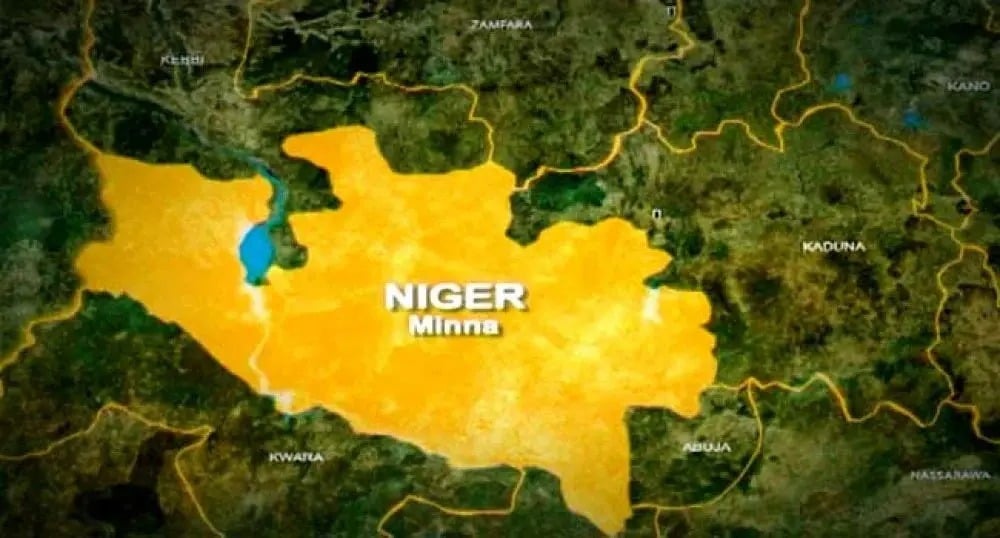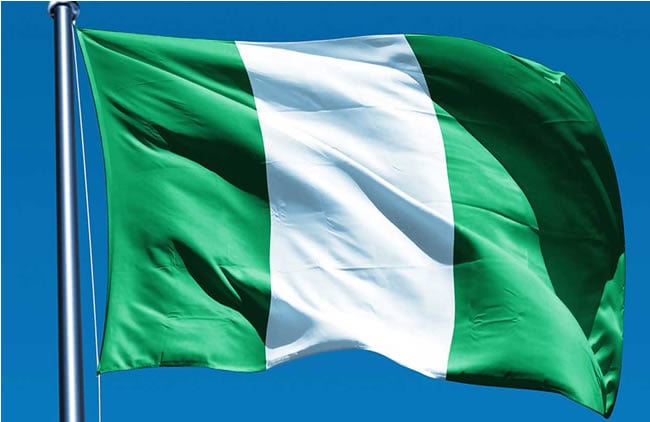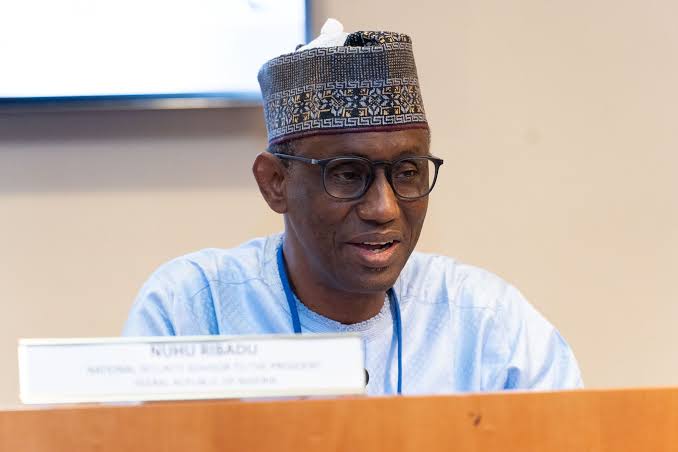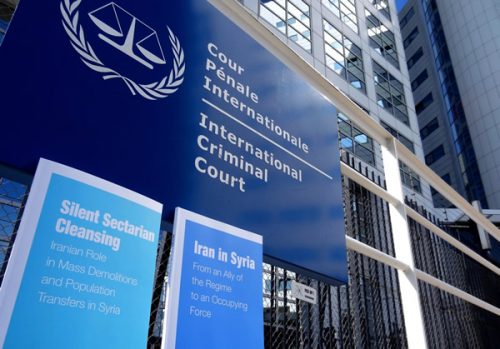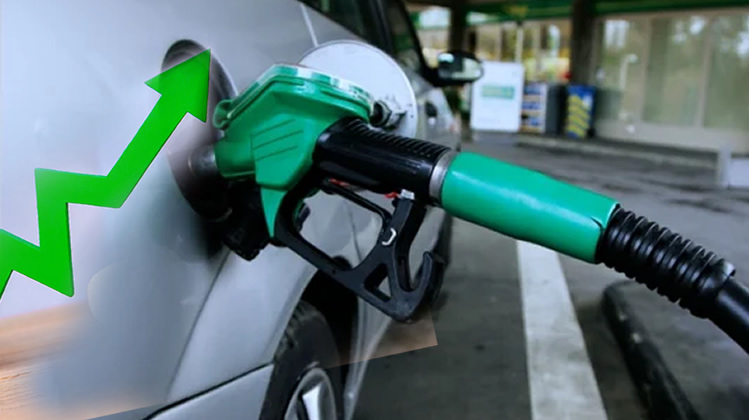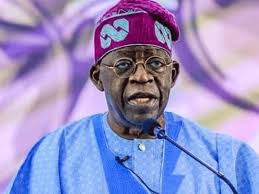
Governor of Enugu State, Dr. Peter Mbah, has reaffirmed his administration’s commitment to continue to partner with the Federal Government to support the Nigerian Armed Forces, fallen heroes, and their families.
Mbah also stressed the need to learn from the scars of division and internal conflicts inherent in the nation’s history in order to build a more united and secure society, saying that “peace and safety must be protected by restraint, dialogue, and shared responsibility.”
Laying Ceremony at Okpara Square, Enugu, describing January 15 of every year as a solemn day when Nigerians must pause, reflect deeply, and acknowledge the price paid by the nation’s heroes so that other citizens may live in safety.
“As a state government, we reaffirm our commitment to supporting the Armed Forces and their families. This support goes beyond ceremony. It is reflected in practical care, in advocacy, and in partnership with the Federal Government to ensure that those who serve, and those who have served, are treated with respect and care.
“On this day of remembrance, we honour those families who continue to carry their memory. And we recommit ourselves to the values for which they served: unity, discipline, service, and respect for human life.
“The wreaths we lay today remind us of the responsibility to live as citizens worthy of the sacrifices our heroes made for us,” he said.
He, however, emphasised that the sacrifices of the Nigerian Armed Forces transcended an annual ceremony and should always be borne in the hearts of all Nigerians.
“When a soldier falls, the loss does not end at the battlefield. It enters homes. It settles into families. It is borne in the human heart and becomes part of daily life for those left behind.
“Grief does not announce itself outwardly; it is carried for a lifetime by spouses, parents, brothers, sisters, and by children who grow up holding memories instead of hands.
“We recognise the weight you carry. We recognise the lives that were disrupted, the futures altered, the memories that require loving guardianship. Your loss is now ours to help you carry.
“As a society, we must not look away from that responsibility. To remember the fallen is also to care for the living. To honour the cost of human life is to ensure that families are supported with consistency and compassion,” Mbah stated.
Mbah stressed that “above all, peace and security are sustained by a mindset that understands the value of prevention.”
“Our history carries the scars of division. From the Civil War of the late 1960s to later internal conflicts, we have learned, at great human cost, what happens when unity fractures and lives become casualties of discord.
“That history reminds us that progress is never guaranteed, and that peace and safety must be protected by restraint, dialogue, and shared responsibility,” he concluded. (Vanguard)

